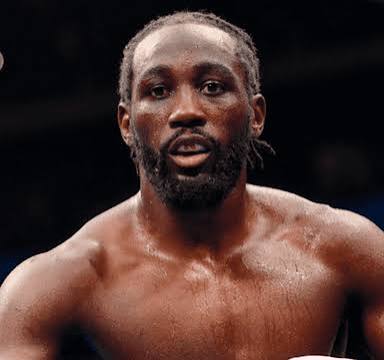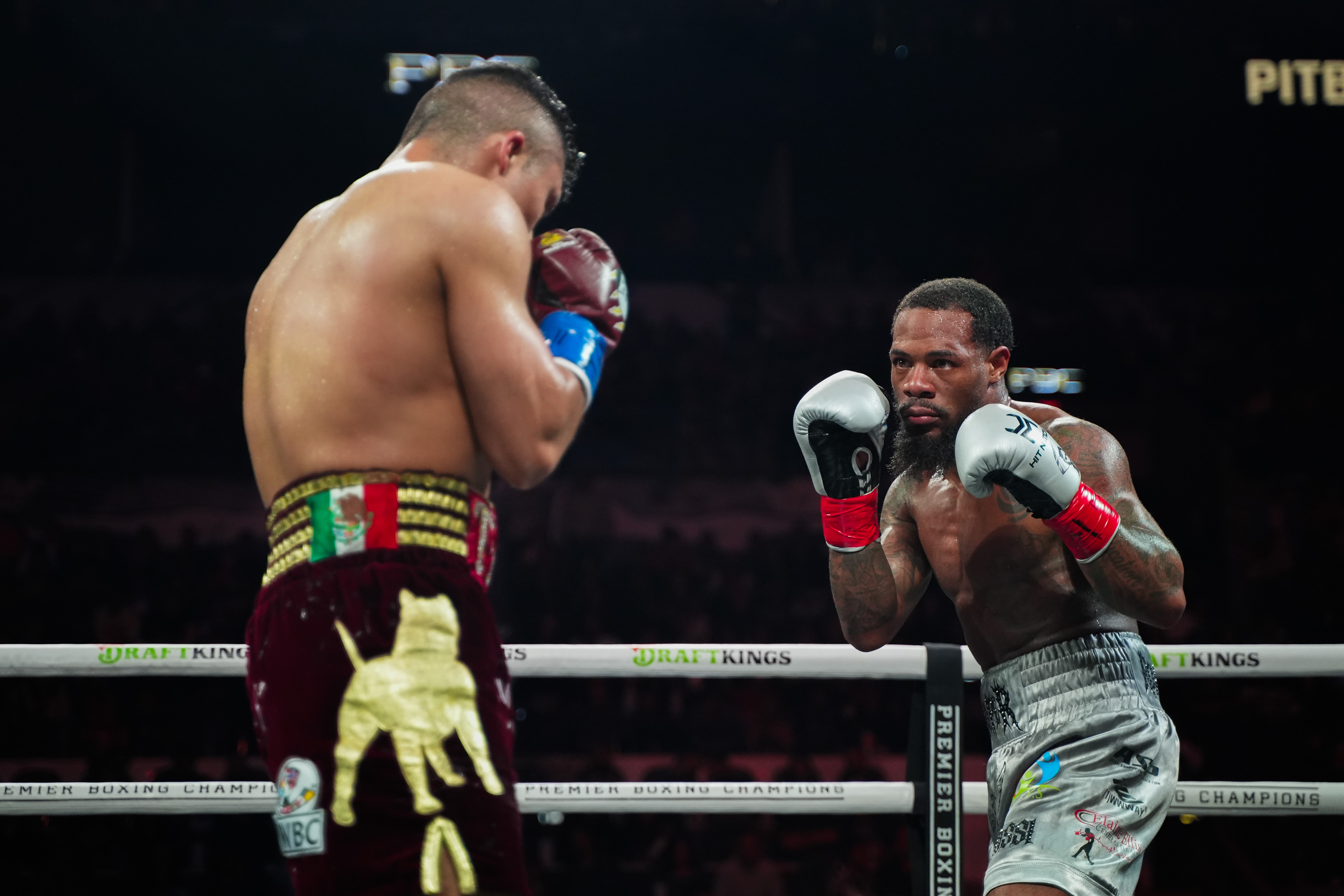Will MMA Ever Be an Olympic Sport?

According to the MMAWhisperer.com professionals, it's practically impossible for MMA to participate in the Olympic games mainly because MMA is a brutal sport. Due to this, the Olympics will likely add many new regulations that might ruin the watching satisfaction for hardcore MMA fanatics.
Another vital factor is that MMA doesn't have an international governing body, and most countries worldwide don't have the necessary conditions to train fighters. If we are being honest, MMA still has a somewhat ambiguous reputation because there was a time it had an illegal status.
Reasons Why MMA Will Never Be an Olympic Sport
MMA isn't safe enough for consecutive competing .
One of the main reasons why there is not much possibility of MMA becoming an Olympic sport in the near future is mainly its brutality.
Fighters don't have enough time to recover if they have multiple matches in a row. Fairly enough, the fight's winner will suffer from more damage than the losing contestant since he will be fighting all the time, even if he wins the final battle by submission or late stoppage.
Most active MMA fighters only compete six times per year. While fighters could have two to three fights in one night back in the day, this has been out of practice.
MMA doesn't have an international governing body
The Olympics doesn't recognize MMA because it has no international governing body. Various organizations worldwide host MMA competitions and matches, and they operate by a set of rules. However, no federation governs all of these organizations, which makes MMA only rely on basic ground rules. For MMA to become an Olympic sport, it must have an international body to which all other national organizations will be affiliated.
The main reason why Tae Kwon Do is an Olympic sport is that there is a governing body in India where all the state organizations are affiliated with TFI. In turn, all the taekwondo associations, including the TFI, are affiliated with and governed by the World Taekwondo Federation.
MMA fighters are paid regardless of whether they win or lose
Most, if not all, fighters in MMA are paid to fight regardless of whether they win or lose. Every organization will pay them different amounts depending on the fighter's ranking, but the only important thing is that they will still get paid since they are professionals.
In the case of amateurs, fighters don't earn an income based on the sport they play. Amateur fighters earn income through prize money or sponsorships; however, they aren't paid to participate in a fight.
Most countries don't have conditions to train MMA fighters
Another major reason why MMA isn't an Olympic sport is that it has a very small practitioner base. Not many people have the opportunity to learn it, let alone participate in any matches.
The Olympics don't accept sports where the majority of countries aren't able to train and send participants.
For example, Brazilian Jiu-Jitsu is a fairly new sport in India. Even though an international organization supports it, only a few countries hold annual competitions. MMA's potential to become an Olympic sport still needs a lot of development.
MMA is still a controversial sport in terms of ethics
Although MMA has come a long way in the competitive fighting domain, there is a huge controversy about its ethics. The debate is ongoing, and the Olympics won't allow such a sport to enter their list when it still has a questionable acceptance status.
The simple fact that back in the day, MMA was banned in several countries is one of the main reasons it has a bad reputation to this day. While today, MMA is legal in almost all countries around the world, there are some countries where it doesn't have the status of a sport.
Most importantly, because boxing is among the fighting sports with the highest death rate, it doesn't have much of a bright future of becoming part of the Olympics.
It might ruin the fight satisfaction of hardcore MMA fans
So, will MMA ever be an Olympic sport? ..No, but even if it does, it won’t be much of an enjoyment for the hardcore fans. Imagine the brutal combat sport where there is no blood and fighters wearing protection over their entire bodies.
The fighters will have to punch harder to knock down the opponent, which will be ridiculous and ruin the overall effect and satisfaction.
The Olympic regulations will surely be much different, demanding chemical masks or headgear to prevent cuts and injuries, including the overall construction of the gloves. Also, some of the moves will be banned, like the elbows, and there will certainly be less defensive work.








